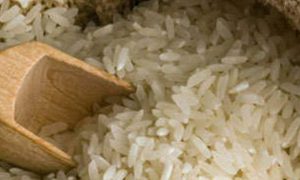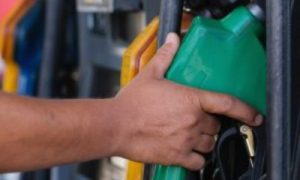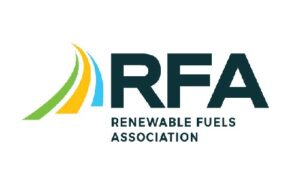Indonesia to increase export levy for crude palm oil to 10% to finance higher biodiesel subsidies

Indonesia will raise its crude palm oil (CPO) export levy from 7.5% to 10% to fund subsidies for its biodiesel program, set to increase bio-content to 40% (B40) from January 1. The move follows a projected 68% rise in subsidy requirements, driven by CPO prices being about $400 per metric tonne higher than crude oil. Industry leaders warn the hike could impact Indonesia’s competitiveness against Malaysian palm oil exports. Meanwhile, the government plans to allocate 15.62 million kilolitres of unblended biodiesel for 2025, up from 13.4 million kilolitres this year.
Jakarta: Indonesia will raise its export levy on crude palm oil (CPO) to 10%, up from the current 7.5%, in order to fund higher subsidies for biodiesel, according to Chief Economic Minister Airlangga Hartarto. This increase will take effect once a relevant finance ministry regulation is issued.
As the world’s largest palm oil producer, Indonesia collects levies to support its mandatory biodiesel program, which will see the bio-content increase to 40% (B40) from the current 35% starting January 1. This higher blend is expected to significantly raise the subsidy requirement.
The agency managing the palm oil funds, BPDPKS, estimated that the subsidy needed for the new biodiesel blend would increase by 68%. Minister Hartarto confirmed the increased levy as part of the strategy to secure funding for the subsidies.
Currently, palm oil is priced at about US$400 per metric tonne more than crude oil. While CPO exports are subject to a 7.5% levy, more refined palm oil products face levies ranging from 3% to 6%, based on the reference price. Hartarto did not provide details on the new levy rates for these refined products.
The higher levy has raised concerns within the palm oil industry. Eddy Martono, chairman of the palm oil group Gapki, warned that it would make Indonesian palm oil less competitive compared to Malaysian exports, due to additional costs such as the levy, export taxes, and domestic obligations.
Meanwhile, the benchmark palm oil contract in Kuala Lumpur saw a sharp decline of 3.58% earlier on Thursday, but most of the losses were recovered after Hartanto’s announcement, with the contract trading 0.33% lower at 0937 GMT.
A senior official from the energy ministry also revealed that the government plans to allocate 15.62 million kilolitres of unblended biodiesel to fuel retailers next year, up from the 13.4 million kilolitres allocated for B35 this year.
To read more about Ethanol Industry & Bio Energy News, continue reading Agriinsite.com
Source : Bio Energy Times

















